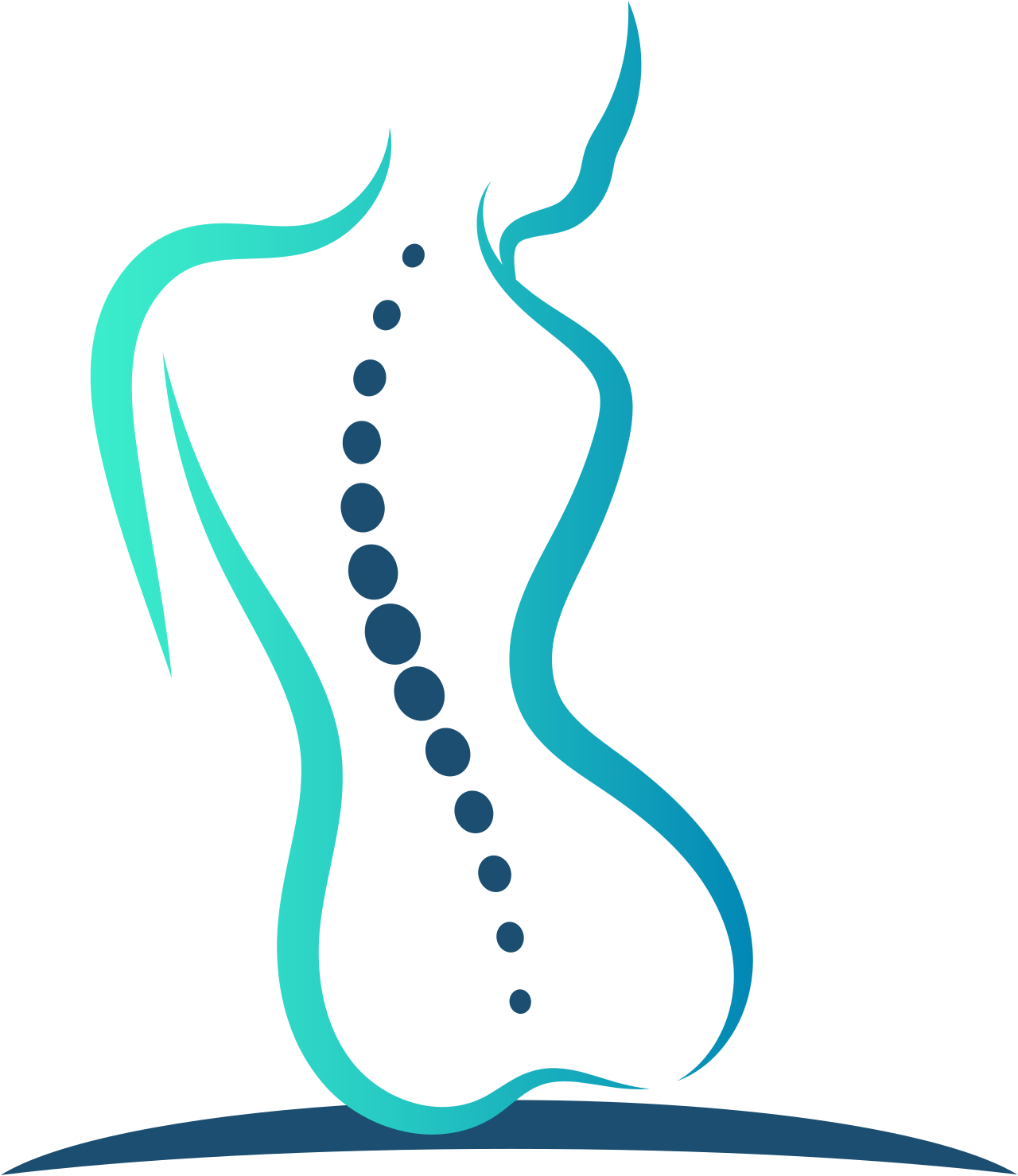When should you see a doctor for back pain?
If you're experiencing back pain, you're definitely not alone. According to Georgetown University, 16 million adults experience chronic back pain each year, and back pain is a common reason for missed work and doctor visits for millions of Americans.
While most back pain will go away on its own over time, there are some cases where you may need to seek medical attention. Understanding the symptoms and possible treatments for back pain can help you make informed decisions about your health. In this blog post, we’ll review the different types of back pain, when to see a doctor and what treatments are available.
What causes back pain?
Back pain can range from mild to severe and is often caused by a combination of factors. Common causes include:
Muscle strain from overuse, regular physical activity, or improper lifting techniques;
Osteoarthritis
Disc herniation or bulge
Spinal stenosis
Spondylolisthesis
Sports injuries
The important thing to remember is if you're experience back pain, it's nothing to be ashamed of. Many times pain occurs inadvertently or just as a part of daily use of our bodies. Many times, our bodies send pain signals to our brain when they shouldn't, or they're trying to warn of us a more serious injury that we should address. In every case, it's important that we listen to our bodies and consult a doctor when we're unsure of what to do.
Types of back pain
There are three common types of back pain: upper, middle, and lower. You may be experiencing back pain all around one area, or the pain may be focused on your left or right side.
Upper back pain is often caused by poor posture, muscle strain or injury. It can be felt in the area between your shoulder blades, and is sometimes accompanied by neck pain.
Middle back pain usually originates from an injury or strain to the spinal discs or muscles in this area. You may feel a dull ache near your spine, or discomfort when you move certain ways.
Lower back pain is caused by poor posture, incorrect lifting techniques and muscle fatigue. This type of back pain is often felt in the lower part of your spine and can cause difficulty standing up straight.
When should you see a doctor for back pain?
You should see a doctor if you have severe back pain that interferes with your daily activities, lasts longer than a few weeks or is accompanied by other symptoms such as loss of bladder or bowel control, weakness, numbness or tingling. Because back pain can get even worse over time if not addressed, it's important to explore diagnosis and treatment options as soon as possible.
Your primary care doctor may refer you to a pain management doctor such as Dr. Edrick Lopez, or you can make an appointment yourself. They may also order imaging tests such as an X-ray, MRI, or CT scan to better understand the source of your pain. Dr. Lopez will use those images to help diagnose and treat your specific pain according to a method that helps you get back to living your best life.
Treatments for back pain
Treatment for back pain will depend on the underlying cause and severity of your symptoms. Mild cases of back pain may be treated with rest, ice and/or heat therapy, over-the-counter pain medications or physical therapy. More severe cases may require prescription pain medication, corticosteroid injections or even surgery. When you come in to see Dr. Lopez at our office, he'll look at your comprehensive health history and work with you to design a customized treatment plan for your specific needs.
Preventing back pain
While back pain is not always preventable, there are steps you can take to help reduce your risk. Maintaining good posture, engaging in regular exercise, maintaining a healthy weight and avoiding heavy lifting can all help you lower your chances of developing back pain. If you are experiencing acute back pain, it may be helpful to rest and limit activity until the pain subsides. You may also want to try gentle stretching exercises to help relieve muscle tension.
Make an appointment with Dr. Edrick Lopez if you're experiencing chronic back pain
Back pain can be debilitating, but there are many treatments and prevention strategies available to help you find relief. By understanding the different types of back pain, when to seek medical attention, and how to best care for your back, you can take steps to reduce your risk of developing chronic back pain and improve your overall quality of life. If you are currently experiencing back pain, we encourage you to make an appointment with us at DFW Interventional Pain Institute to see what treatment options that are right for you.

